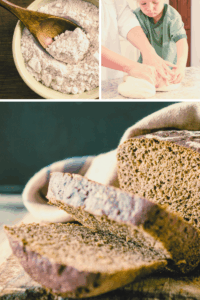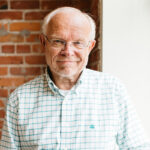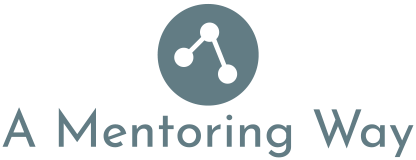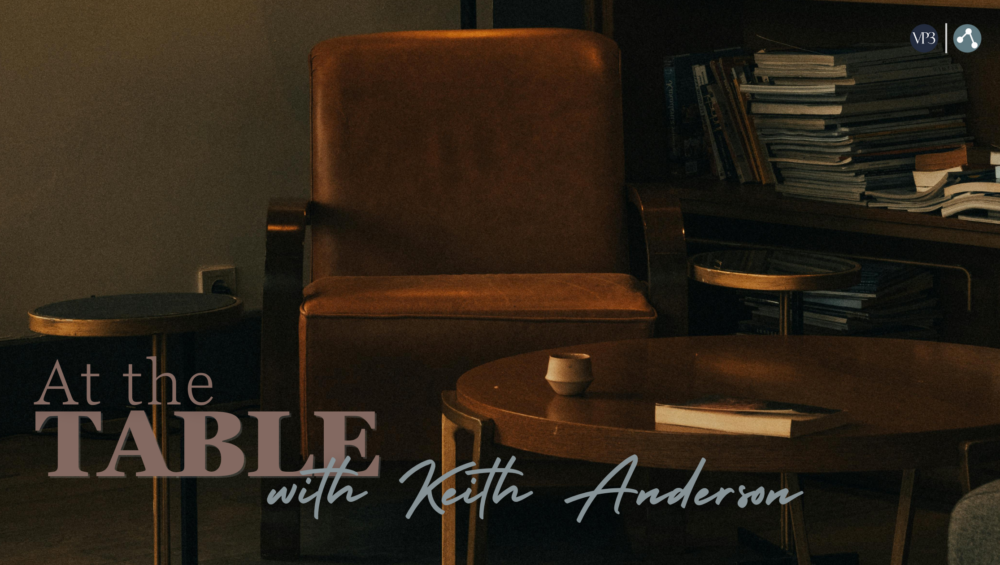I grew up in a bread-making home. Five children all raised on thick, dark Limpa bread—rye flour, molasses, brown sugar, fennel seeds (my favorite), and little bags of Fleischman’s yeast. What Jesus called leaven makes the dough rise, giving it texture, flavor, and that beautiful dark bread I love to this day.
Small kitchens with five children running in and out to smell the dough and the baking bread. A familiar old family cloth covered the recipe as it was rising. My job was to take the large wooden spoon and stir 5 ½ pounds of flour to make yeasty dough in the largest green Tupperware bowl ever made.
Memory and God’s Provision
Leaven played a critical role in Israel’s Exodus from slavery in Egypt—or rather, the absence of it. Before leaving Egypt, the people made unleavened bread, a simple meal prepared in haste. Time was short, threats were real, and unleavened bread was food for the journey.
The bread became a symbol later because Moses created a bread festival as a classroom for the children, to teach them to remember. He might have said, “Do this in remembrance…” The bread was a source of nourishment, soon to be replaced by manna, more evidence of God’s providential care.
In John’s gospel, Jesus breaks bread and feeds a crowd hungry for what he can provide. Like manna raining down from heaven, Abba reigns down Jesus upon the earth to give life once again, not as a symbol only. This is as real as unleavened bread, manna, and my mother’s limpa.
Along the way, Jesus gave himself a new name: the bread of life. Bread broken for us shows us a God who will be food to people, to give life.
In the Eucharist, the Lord’s Supper:
- Jesus offers an ordinary thing, bread, as the vehicle of God’s daily presence.
- Jesus offers bread as a necessary thing for entry into the life in the kingdom of God
- In so doing, Jesus offers himself as the particular thing needed for kingdom life. Eat bread and drink wine so you remember. Just as in Egypt. Eat this unleavened bread and remember the Exodus. Eat manna and remember how God provided for you. Eat the broken bread, the body of Christ, and remember Jesus’ sacrifice.
Bread as a Way of Life
The recipe for Limpa came with Grandma all the way from Sweden, the old country. She became the teacher of bread, as my mother did for us. Limpa bread is not just great food; it is a life-giving memory of our little kitchens, sanctuaries of everyday life. I remember sandwiches and toast from the big green bowl, the large wooden spoon, and the cloth—all in the hands of the little Swedish grandson helping mother prepare the dough. Sadly, along the way, we gave in to the peer pressure of store-bought white bread from A&P. I think Jesus might have preferred the Limpa.
Like bread:
- Our faith is an ordinary thing lived in the everyday moments of today.
- Our faith is a necessary thing in following Jesus.
- Our faith is a memorable thing: We eat and remember that Jesus gives us what we need for life, life, and more life.
Practice:
I encourage you to create a daily prayer for meal times or for ordinary things (like bread). An ancient Jewish prayer pattern goes like this: “Blessed are you, Lord our God, King of the universe…” And then words like: you gave sleep to my eyes, or you created and provided us with bread to sustain us. What might you make to remind you that God is directly involved in the provision of what we need—every day? Practices like these help us cultivate an attentive life, one that notices God’s daily presence and provision.
Practice for Mentors:
As you meet with someone you are mentoring, consider sharing a simple practice of remembering together. Before or after your conversation, pause to thank God for one “ordinary” provision you’ve both received that day—bread on the table, strength for the week, or the gift of friendship. This creates space to see God’s presence woven into daily life and models a way of gratitude and attentiveness for the one you are walking with.
_______________________________
 Keith Anderson, D.Min., is a Faculty Associate for Spirituality and Vocation at VantagePoint3 and President Emeritus of Seattle School of Theology and Psychology. He is the author of several books, including his most recent: On Holy Ground: Your Story of Identity, Belonging and Sacred Purpose (Wipf & Stock, 2024). His other works include Reading Your Life’s Story (IVP, 2016), A Spirituality of Listening (IVP, 2016), and Spiritual Mentoring (IVP, 1999). In his writing, teaching, and mentoring, Keith seeks to set a table for people looking to enter the “amazing inner sanctuary of the soul” in the most ordinary and extraordinary moments of life.
Keith Anderson, D.Min., is a Faculty Associate for Spirituality and Vocation at VantagePoint3 and President Emeritus of Seattle School of Theology and Psychology. He is the author of several books, including his most recent: On Holy Ground: Your Story of Identity, Belonging and Sacred Purpose (Wipf & Stock, 2024). His other works include Reading Your Life’s Story (IVP, 2016), A Spirituality of Listening (IVP, 2016), and Spiritual Mentoring (IVP, 1999). In his writing, teaching, and mentoring, Keith seeks to set a table for people looking to enter the “amazing inner sanctuary of the soul” in the most ordinary and extraordinary moments of life.

